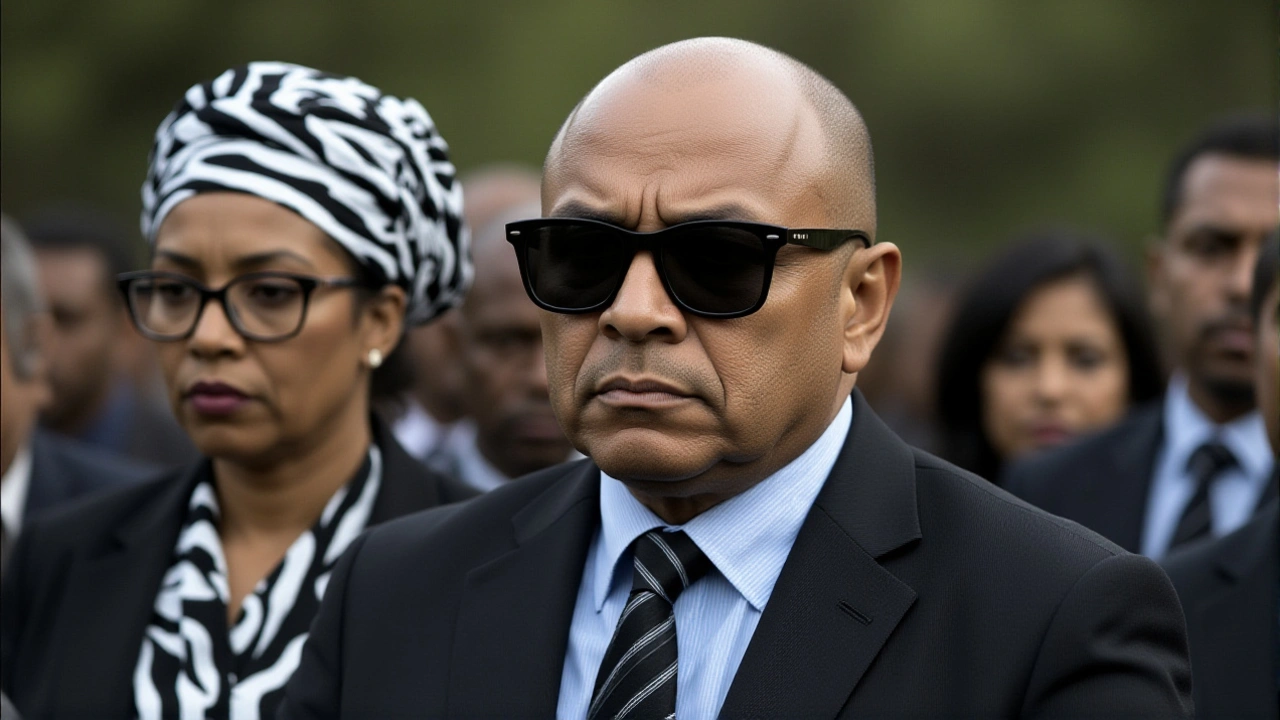Parliamentary Inquiry – What It Means and Why It Matters
When dealing with parliamentary inquiry, a formal investigation launched by a legislature to examine alleged misconduct, abuse of power, or policy failures. Also known as legislative probe, it provides a public platform for evidence, witnesses and expert testimony. A parliamentary inquiry enables transparency by forcing officials to answer questions under oath, and it can compel documents that would otherwise stay hidden. The process typically starts with a motion, followed by the formation of a committee, a series of hearings, and finally a report with recommendations or referrals for legal action.
Key Players and Real‑World Cases
One of the most notable examples in recent South African history is the Madlanga Commission, a parliamentary inquiry set up to investigate alleged police corruption and political interference in the KwaZulu‑Natal police force. Also called the Madlanga investigation, this commission requires testimony from senior officials like Police Commissioner Fannie Masemola and has uncovered claims of collusion between the Police Minister and criminal syndicates. The commission’s hearings illustrate how political interference, the undue influence of politicians on law‑enforcement agencies can shape the outcome of a parliamentary inquiry, either by stalling the process or by pushing for harsher accountability measures.
Another related entity is police corruption, the misuse of police authority for personal or political gain, which often triggers parliamentary inquiries when the public demands action. In the Madlanga case, accusations of bribery, fabricated evidence, and interference with task‑teams investigating political murders highlighted how corruption can erode trust in institutions. The inquiries also expose the role of the South African Parliament, the legislative body that authorises and oversees investigations, in safeguarding democratic norms. By demanding answers from the police commissioner and other officials, the parliament demonstrates its duty to protect citizens and uphold the rule of law.
These examples show that a parliamentary inquiry encompasses investigative hearings, requires evidence from key actors, and influences policy reforms. Below you’ll find a curated list of recent articles that dig into the Madlanga Commission hearings, the fight against police corruption, and the broader political context shaping South Africa’s legislative probes. Dive in to see how each story adds a piece to the bigger puzzle of accountability and governance.

Police Minister Senzo Mchunu Defends Himself Before Parliament’s Ad‑Hoc Committee
Oct 16, 2025, Posted by Ra'eesa Moosa
Police Minister Senzo Mchunu defended himself before Parliament's ad‑hoc committee amid allegations of political interference in the SAPS, a case with major implications for KwaZulu‑Natal and national trust in law enforcement.
MORE